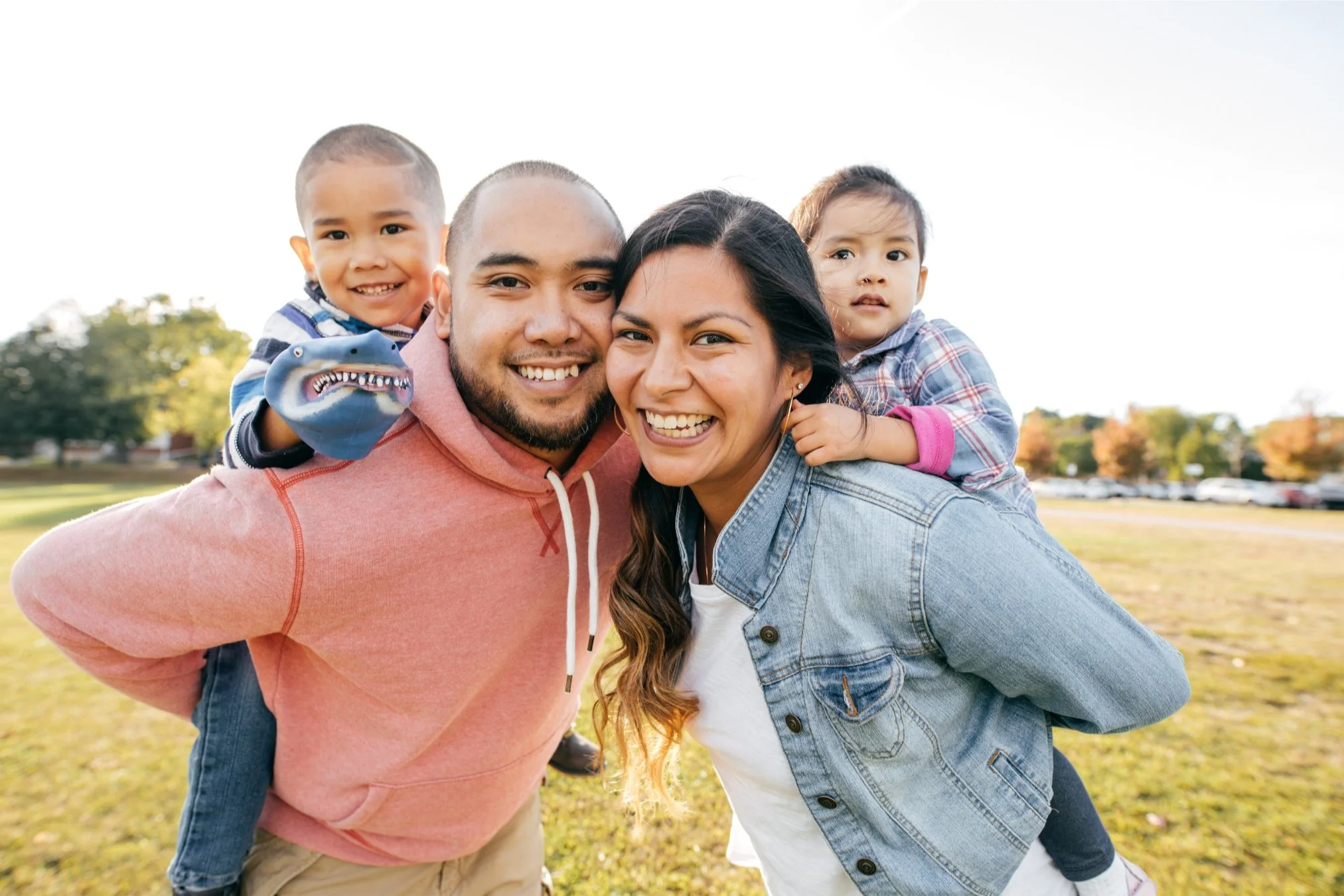
Our Services
Fiancé Visas
If a U.S. citizen wishes to bring his or her foreign-born, noncitizen fiancé(e) to the U.S. to be married, the noncitizen may apply for a K-1 or Fiancé(e) Visa. To be granted this visa, the fiancé(e)s must intend to be married within 90 days of the noncitizen entering the U.S. After the marriage, the noncitizen spouse may apply for lawful permanent resident status (i.e. a green card).
At Baibak Law, we can assess if this visa is the best option for you and your loved one. We can manage the many stages of this multi-step process and submit necessary evidence to show that your marriage is indeed “bona fide,” meaning that you two truly wish to share a life together.
Marriage & Family-Based Green Cards
U.S. citizens and permanent residents may petition for certain close relatives, living in the U.S. and abroad, to obtain green cards. The timing of these cases depends on many factors, including the relationship to the U.S. citizen or permanent resident and the foreign national’s country of citizenship.
Here at Baibak Law, we can analyze your specific situation and provide realistic guidance and expectations. If you decide to petition for your noncitizen relative, we can guide you through the multi-stage process, from assembling petitions to navigating consular processing (as necessary) and beyond.
Naturalization
Naturalization is the process of becoming a U.S. citizen. Generally, a person may apply to become a U.S. citizen after he or she has been a lawful permanent resident (or green card holder) for five years or, in marriage-based cases, after three years of living with a U.S. citizen spouse.
At Baibak Law, we can analyze and prepare complex naturalization cases. For instance, for individuals with complicated immigration or criminal histories, we can evaluate whether it is prudent to file for naturalization. For those with lengthy or frequent trips abroad, we can provide a detailed analysis of whether the individual is eligible to file for naturalization.


